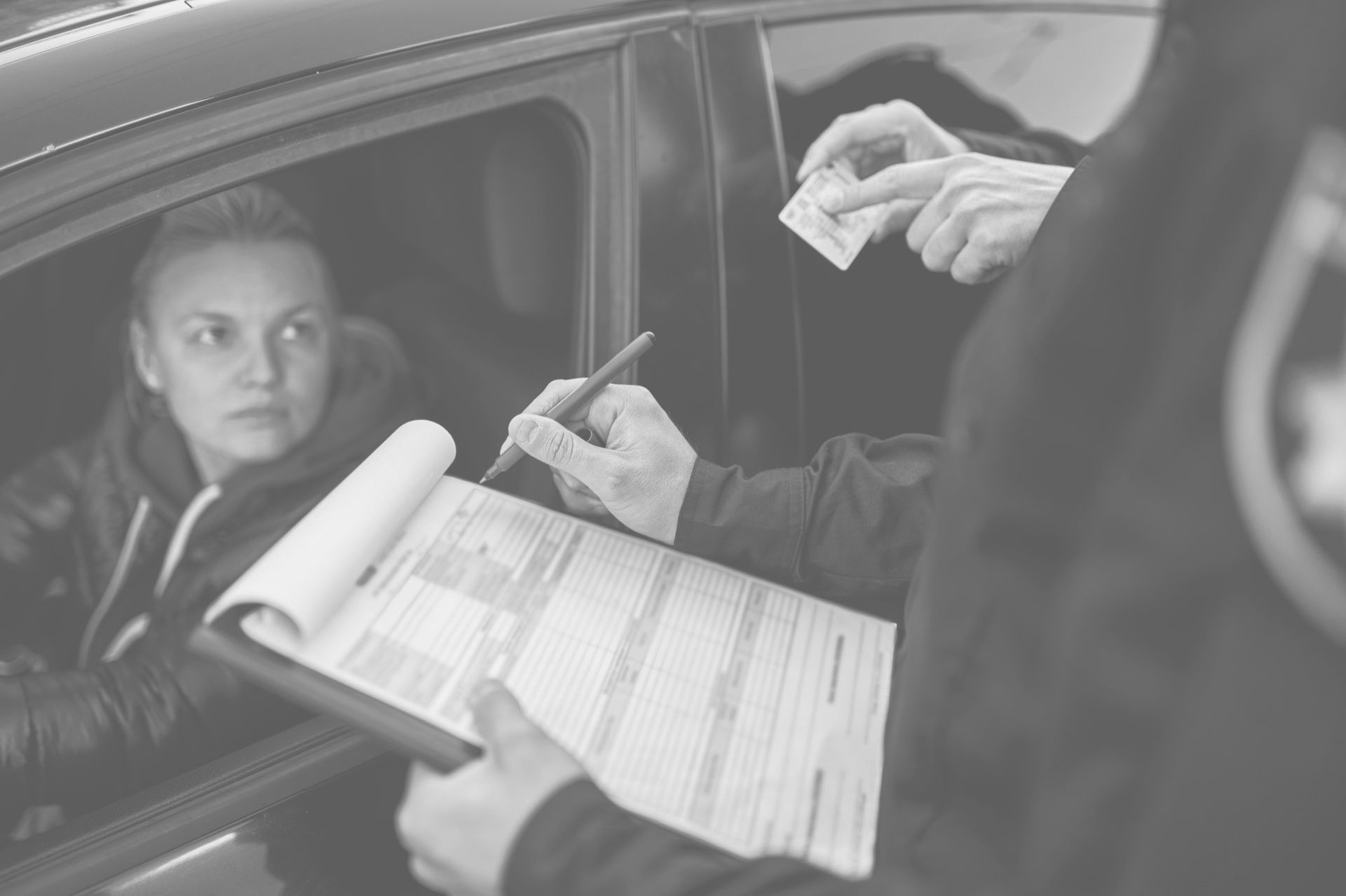How Long Do You Stay in Jail If You Can't Make Bail in Texas?
Written by Law Office of Rolando Cantú, reviewed by Rolando Cantú
How Long Do You Stay in Jail If You Can't Make Bail in Texas?
When someone is arrested in Texas the experience becomes overwhelming because neither the arrested person nor their family members can afford bail payments. Different elements influence the duration of pre-trial jail detention including criminal gravity and court dates and defense strategies.
The short answer? An individual who cannot afford bail may stay locked up in jail until their case completes through trial or plea agreement or gets dismissed. Your detention time in jail will stretch from weeks until months up to longer periods according to specific situations. This section explains the legal steps that happen after bail failure to describe your constitutional rights and presents action strategies when you cannot afford bail.
Related: Who Do I Call to Drop Charges On Someone?
Understanding Bail and Pretrial Detention in Texas
The main function of bail is to provide financial conditions that defendants must meet in order to guarantee their court attendance. The lack of available money to pay bail results in detention until your case finishes. Un circumstantial release from jail can happen with the right strategies in place regardless of current financial difficulties.
How Is Bail Determined?
After an arrest, a judge or magistrate will set bail based on several factors, including:
- The severity of the offense – More serious crimes typically have higher bail amounts.
- Flight risk – If there’s concern you might leave town, bail could be increased or denied.
- Criminal history – Prior offenses may impact eligibility for bail or its cost.
- Community ties – Having a stable job and family in Texas may work in your favor.
- Public safety concerns – If the court believes you pose a danger, bail may be denied.
What Happens If You Can’t Afford Bail?
Many people in Texas can’t pay their full bail amount. When that happens, you have a few options:
1. Bail Bonds
Most people use a bail bond service, which requires a non-refundable fee (typically 10-15% of the bail amount). The bondsman covers the rest, ensuring your release. However, if you miss a court date, you risk forfeiting the full bail and being rearrested.
2. Personal Recognizance (PR) Bond
A PR bond allows release without payment, but only if a judge believes you’re likely to return to court. This is typically granted for minor offenses and first-time arrests.
3. Bail Reduction Hearing
If bail is too high, your attorney can request a hearing to argue for a lower amount. Judges consider financial hardship, the nature of the charges, and other factors when making adjustments.
4. Pretrial Release Programs
Certain Texas counties offer supervised release programs for low-risk defendants who can’t afford bail. These programs often include check-ins and monitoring instead of jail time.
Related: Will Pending Charges Show Up On A Background Check?
How Long Can You Stay in Jail Without Bail?
If you can’t post bail, the length of your stay depends on:
- Court backlog – Some Texas counties have overloaded dockets, delaying trial dates.
- Case complexity – Serious charges require longer investigations and court proceedings.
- Prosecutorial decisions – The DA may negotiate plea deals that shorten detention time.
Time Limits for Pretrial Detention
Under Texas Code of Criminal Procedure Article 17.151, if prosecutors aren’t ready for trial within a set timeframe, a defendant may be eligible for release:
- Misdemeanors: 30 days max without an indictment
- Felonies: 90 days max without an indictment
- Serious felonies (e.g., capital murder): Can be held longer without bail
Even if you reach these limits, release isn’t guaranteed. Prosecutors may push for continued detention by arguing you’re a flight risk or danger to the community.
Can You Be Held Without Bail?
Yes. Certain cases result in denied bail, including:
- Capital murder and violent felonies
- Repeat felony offenders
- Violations of protective orders (e.g., domestic violence cases)
- Immigration holds (which can result in federal detention)
If bail is denied, your attorney can challenge the ruling through an appeal or alternative release request.
What to Do If You’re Stuck in Jail Without Bail
If you or a loved one can’t secure bail, hiring an experienced criminal defense attorney is crucial. They can:
- Request a bail reduction hearing
- Advocate for a PR bond
- Challenge excessive detention periods
- Explore alternative release options
The Law Office of Rolando Cantu has extensive experience in the Texas criminal justice system. As a former prosecutor, Attorney Cantu understands how the courts operate and fights aggressively for his clients’ rights. If you’re facing pretrial detention, his legal expertise could be the key to securing your release.
Don’t Wait – Protect Your Future
Every day spent in jail can negatively impact your job, family, and mental well-being. If you’re dealing with bail issues, reach out to an attorney who knows how to fight for your freedom.
Contact
The Law Office of Rolando Cantu today for a consultation and get the legal guidance you need.
A
McAllen criminal defense attorney
can make all the difference if you or a loved one is stuck in jail due to an inability to pay bail. With over 15 years of legal experience, Attorney Rolando Cantu has successfully defended individuals across Texas, fighting for fair bail conditions and protecting their constitutional rights. His background in both state and federal prosecution gives him unique insight into how to navigate the system.











